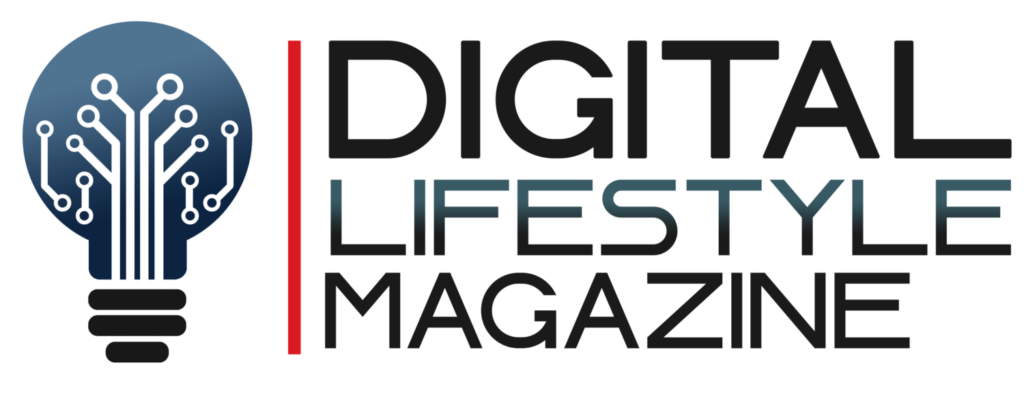Postgraduate healthcare administration courses are often taken by medical professionals that want to enter into the management side of the industry. These are often experienced people with a good working knowledge of how healthcare systems work – and how they could perhaps work better. The healthcare industry is an immensely diverse, sprawling web of interconnected subfields. Healthcare administrators typically need to try and specialize if they want to find meaningful work.
Regardless of who is taking a health administration course, all students will study a few core subjects. Later during the course, they will of course all specialize in a certain subfield and conduct research within that area. Here is a quick guide to some of the core modules that most Masters of Health Administration and Executive Master of Health Administration courses offer.
Table of Contents
Strategic Financial Management
Finance management is immensely complex in the healthcare industry. Senior healthcare administrators are at the forefront of strategic efforts in the realm of healthcare financial planning. During a Master of Health Administration postgraduate degree, students will be introduced to the data-driven financial forecasting and planning methods used in a modern long-term strategy.
Management Research Methods
All executive-level administrators need to be efficient researchers. Health administration courses regularly feature modules that focus on the complex research methods used in healthcare strategic planning. All managers need to keep up to date with academic work on interpersonal management, motivation, and goal setting: healthcare managers are no different. If you want to become a director of medicine or director of healthcare then you cannot let your research methods become sloppy after you finish studying.
Innovation Management
Healthcare is a field rife with innovation. Actually integrating this innovation into hospital or health center practice is very hard indeed. Innovation management modules help students understand the stages through which innovative protocols and equipment must pass before they can be adopted in a healthcare setting. This includes learning about the legislation that governs the adoption of new protocols, drugs, and equipment.
The challenges facing executives wishing to encourage the adoption of innovative new ideas are myriad. Major issues include:
Stakeholders
Not every stakeholder in a healthcare organization is looking for the same solutions. A great many investors and stakeholders have outside interests in pharmaceutical concerns or politics that may lead them to withhold support for promising new ideas. Conflicts of interest ultimately cost a medical facility a huge amount of efficiency and make treatment prices more expensive.
Budget
The integration of a new concept or technology is incredibly expensive. For many medical institutions, these costs will seem like too much of a risk. In countries where there is government oversight over healthcare budgets, applications for onboarding money may be rejected so that the government can keep taxes low.
Training
New technology and techniques cannot be adopted without that adoption being tied to a long-term training program. Training programs take clinical experts and nursing experts away from wards, cost a great deal of money, and often make hospitals and care centers reliant upon the pharmaceutical or health tech company responsible for the innovation.
Regulation
Medical procedures and drugs are, quite rightly, regulated very tightly in most countries. Innovative new ideas have to undergo a long period of assessment before they can be approved by an organization like the FDA.
Leadership, Development, And Change
The leadership, development, and change module will be familiar in style to anybody that has ever studied business at an undergraduate or master’s level. There are plenty of unique leadership and development challenges faced within the medical community. Healthcare organizations are complicated and immensely hard to change in any meaningful structural way. Despite this, structural change is essential across the healthcare industry, and healthcare administrators have a very important role to play in this change. Two styles of leadership are worked towards in modern healthcare executive practice:
Transformational Leadership
In transformational leadership environments, leaders eschew the transactional managerial attitude in favor of a mission-based motivational approach. Transformational leaders encourage the people they work with to achieve the strategic aims set by a business leadership group in order to enact transformative positive change. Transformational leaders attempt to avoid using systems of provocation and coercion. Instead, they share their vision of a better future with staff and work with them to realize that future. This shared vision could be based on the improvement of patient outcomes, the efficient running of a system, or the adoption of new technology.
It is not just medical professionals that find studying for a Master of Health Administration or Executive MHA useful. Experienced businesspeople looking to break into the healthcare sector often also look to study this kind of course in order to transfer their skills.
Collaborative Leadership
Collaborative leadership practices are another kind of departure from the hierarchical transactional leadership commonly experienced in healthcare environments. In a collaborative environment, the symbiotic nature of a workplace is understood and encouraged. Staff members and ward managers are given a high level of autonomy – providing that they can offer useful feedback and ideas to other sectors or strategic planning executives.
Collaborative leaders invite all staff members to regularly contribute to strategy and protocol changes. The logic behind this dictates that staff will feel more inclined to work towards a strategic vision if they know that they have had a hand in defining that vision. Non-executive staff also have unique insight into the ways in which strategies are working or not working. They are the ‘boots on the ground’ and can ultimately come up with the most realistic assessments. Regular consultations with staff and staff advocacy groups are used to better understand the way that an institution can move forward in a way that satisfies everybody.
Data Analytics
This is the age of the data deluge. Big data – composed of huge and varied datasets – is increasingly important at a strategic level in almost every area of business. Healthcare is no different. Students working towards a postgraduate degree in health administration need to become familiar with the ways in which data analytics can be used to improve the performance of a hospital, health center, or nursing home.
There are established methods of using data to develop forecasts and models in healthcare. Patient flow and mortality are two tangible sources of data that are often used for analysis. There is an increasing drive towards the use of more obscure data sources for the development of incremental – yet important – insights. Inventory recall and mistreatment statistics, for instance, can be used to create models that a healthcare institution might use to streamline its spending and improve patient care.
Health Informatics
Health informatics is a field dedicated to the practical integration of data analysis in the healthcare field. Using new technologies, new protocols, and new structural monitoring methods, health informatics professionals make sure that the lessons that can be learned from data are communicated to hospital executives in order to improve performance.
Health informatics is dominated by the development and use of mathematical models and new software that can collect and analyze data. The health informatics industry is huge – with healthcare organizations spending huge sums on new analytics systems and protocols. Even if a healthcare administration executive wants nothing to do with the health informatics industry, they are going to have to deal with it. For this reason, it is very important that all Executive Master of Health Administration graduates have a working knowledge of the impact and cost of informatics contracts before they re-enter the workforce in an executive capacity. All healthcare executives have some degree of budget oversight, and any gaps in their knowledge of how money is spent in healthcare will detrimentally impact their ability to make sound financial planning decisions.
Localized Healthcare Issues
Although many of the issues facing healthcare providers around the world are universal, not all of them are. If, for instance, you are studying in the UK, you will learn the ins and outs of negotiating state funding. If you are in the United States, you will have to develop an understanding of each healthcare unit as a separate volatile business in a free market. No matter where you are in the world, any health administration course will include some learning about localized healthcare administration issues.
In Canada, one of the biggest issues faced in healthcare administration is the prominence of administrators’ control within the system. Canada has one of the most well-funded healthcare systems in the world, but the provincially run healthcare services within the country are startlingly inefficient. Critics argue that too much money is going into administrative costs and not enough is going into primary care. One solution, according to critics, would be to give doctors more administrative power and cut down on executive pay. If this solution is to work, doctors would need far more administrative training. Executive Master of Health Administration courses would still be necessary in order to maintain efficient control by doctors and operational staff members.


